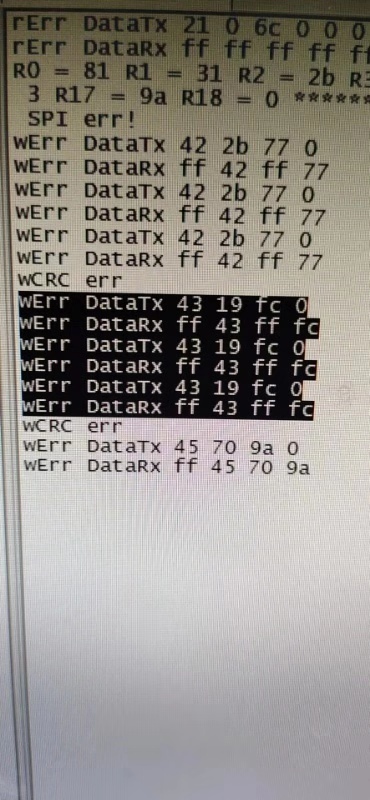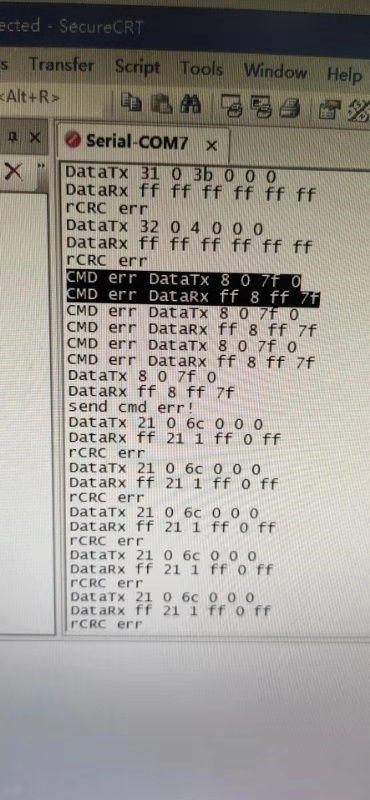Hi,
My customer met a trouble to control their own ADS1261 board [a certain probability can't read or write correctly through SPI ]. I tried to locate and reproduce the issue. I just got a ADS1261EVM , but the EVM GUI is not that flexible.
I think a simpler approach is to slightly modify the code of TM4C129 on the EVM, such as changing the SPI speed, specific sequence of commands, and so on. Also, the JTAG interface of TM4 is open . Would you please sharing this firmware code to me ? thanks.
Also I noticed that there is a test code,ADS1261 Example C Code Software, which TI platform did it test on? Is there any guidance to quickly set up and run on ADS1261EVM?





